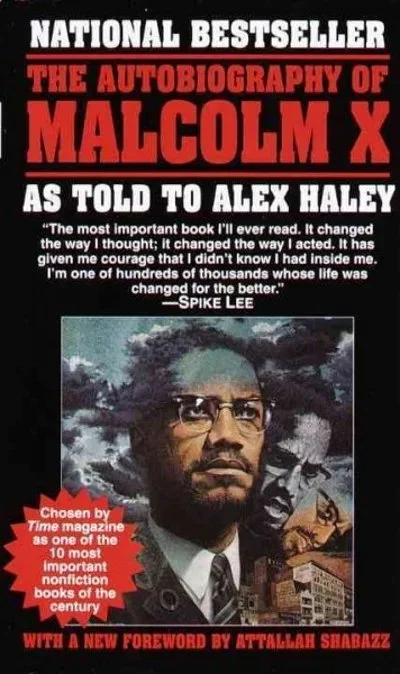The Autobiography of Malcolm X (1987) by Alex Haley
When
I think I was in high school when I read this.
Why
At the time, my brother was in the Nation of Islam and thought it was important I read it for my own intellectual journey and personal development.
How
On a personal level, I gained a lot of appreciation for Malcolm X’s journey, the premium he put on knowledge and personal development, and his passion for serving others. Although this book does not directly inform my current scholarship, there is one example I frequently share in my Developmental Psychology class. He recounts a time in grade (I think elementary?) school where he approached his teacher about wanting to be a lawyer. The teacher, operating under negative racial stereotypes, discouraged him from such a career path, telling him it is out of reach for black people. He instead encouraged him to become a carpenter and work with his hands. Given the general trajectory of Malcolm’s development, I have found it a useful example to use to illustrate Developmental Psychologist Erik Erikson’s fourth stage of psychosocial development, Industry vs. Inferiority. It is an opportunity to discuss the role that relevant others (e.g., teachers, peers, parents) can sometimes play in developing a sense of mastery in a particular domain (e.g., Industry) or a sense of inadequacy in one’s abilities (Inferiority).
